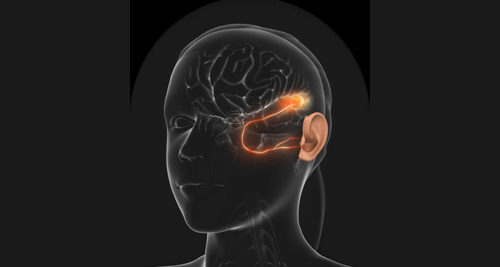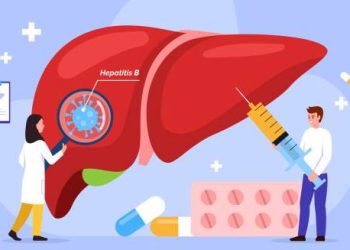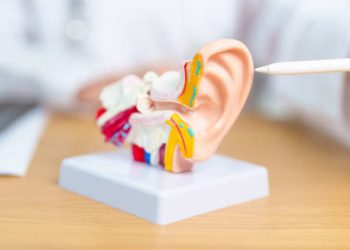Living with Auditory Processing Disorder
Living with auditory processing disorder requires patience, advocacy, and supportive strategies. Children, especially, benefit from a coordinated approach between parents, teachers, and therapists.
Support tips:
- Use clear, slow speech and short sentences
- Provide visual instructions or demonstrations
- Break tasks into steps and check understanding
- Encourage the person to ask for repetition or clarification
- Reduce distractions and minimise background noise
- Praise effort, not just outcomes
- Advocate for extra time, assistive devices, or specialist support at school
Living with Auditory Processing Disorder
In South Africa, some schools offer inclusive education or remedial support, but parents may need to pursue private assessments or therapies. Provincial departments of education are gradually increasing awareness of APD in teacher training programmes.
With the right tools and understanding, children and adults with APD can thrive — especially when given the space and time to process the world in their own way.
Building Confidence with APD
Having APD doesn’t mean a person is incapable — it means they process information differently. With consistent support, self-esteem grows, and learning becomes more accessible. Every success, no matter how small, reinforces confidence and resilience.
Long-Term Success with the Right Support
In South Africa, access to diagnosis and intervention may vary, but growing awareness is paving the way for better support. Families, educators, and healthcare providers working together can make a lasting impact. Empowerment, understanding, and patience are the cornerstones of helping someone with APD reach their full potential.
👉 [End of Series | Back to Overview]
Complications and Impact of APD
Treatment and Management of APD


